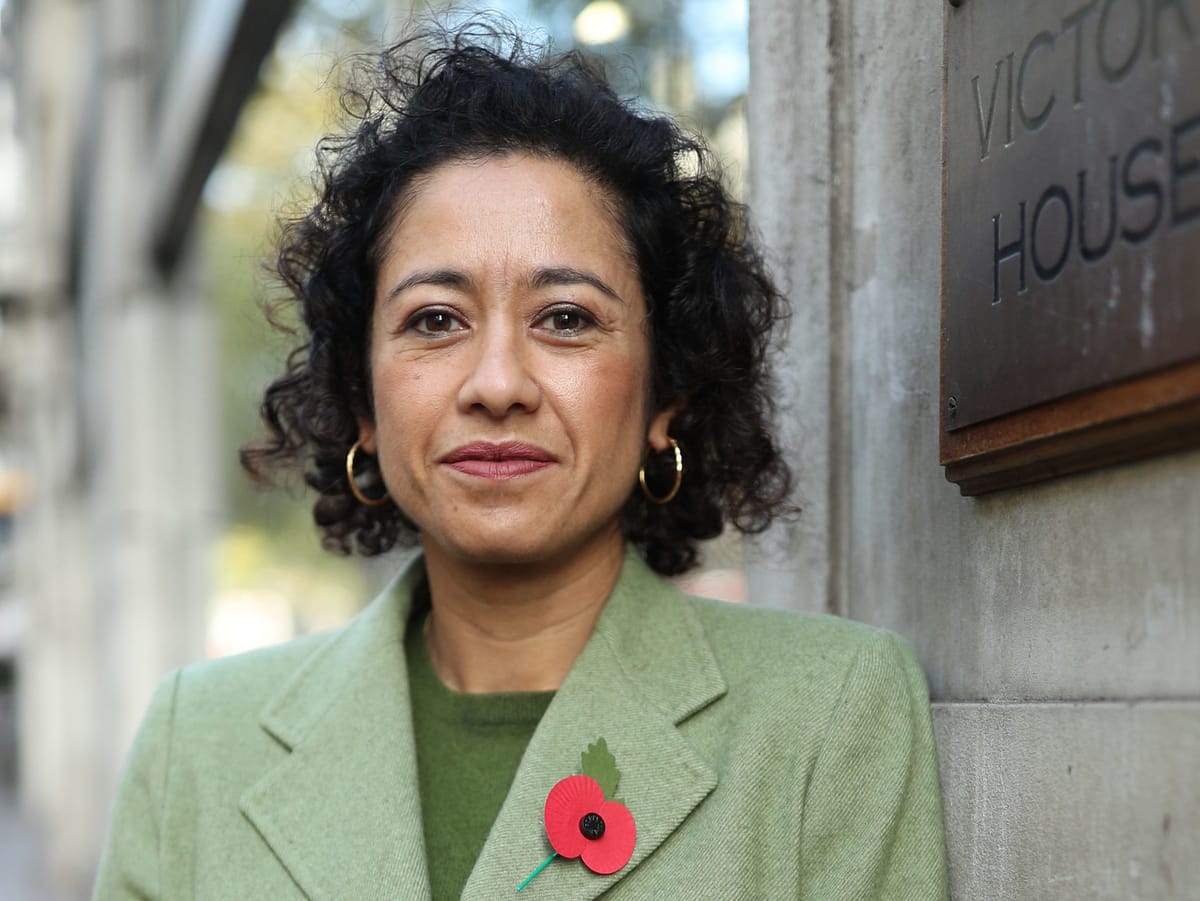Samira Ahmed wins equal-pay battle against BBC

By Ludovica Longo, BA Geography & Politics.
‘No woman wants to have to take action against their own employer,’ but sadly that is what Newswatch presenter Samira Ahmed had to do by filing a lawsuit against the BBC in October 2019.
After she became aware of Points of View presenter Jeremy Vine’s salary, she came to the conclusion that the extremely disproportionate pay, £440 per show versus £3,000, was a consequence of gender discrimination and therefore decided to take her case to court claiming over £700,000 in lost earnings.
Her landmark victory is however nothing new to the BBC who have been facing increasing backlash since the public release of salary details of its top earners in 2017. The review showed that only one third of the company’s 96 top earners were women, with the top seven earners being all men.
Carrie Gracie’s victory in 2018 could be seen as one of the main precedents to Ahmed’s gender pay inequality legal battle. The BBC China Editor had resigned in protest over pay disparities as compared to her male counterparts and finally received an apology and a payout from the company.
Ever since, ex-BBC Director Tony Hall had publicly announced the channel’’s commitment to closing the gender pay gap by 2020.
The 1970 National Equality Act has been guaranteeing by law equal pay to women and has legally protected them from discrimination on the basis of their gender. However, many companies, including BBC still adopt extremely nebulous criteria such as ‘potential’ or ‘likability’ to establish their pay rates.
What rendered Ahmed’s case even more compelling, were the arguments that the BBC used in its defence.In terms of length and content the two shows share similarities, however, they were described in court as ‘significantly different’ in that they targeted different audiences. Furthermore, the BBC argued that Vine’s ‘glint in his eye’ and ‘cheekiness’ are what made most of the difference in comparison to Ahmed’s serious show.
‘For the BBC this became a battle over the differences as they saw it between their internal divisional silos of News and Entertainment. For the [National Union for Journalists], this was simply a case of two roles that were commensurate, on two programmes that were supremely comparable, carried out by two high profile experienced presenters,’ said Michelle Stanistreet, NUJ general secretary.
Ahmed’s show has repeatedly been downplayed in court as ‘niche’, despite data showing it attracts around 1.6 million combined viewers, representing more than double the views of Points of View.
The 1970 National Equality Act guarantees equal pay for women and has legally protected them from discrimination on the basis of their gender. However, many companies including the BBC still adopt extremely nebulous criteria such as ‘potential’ or ‘likability’ to establish their pay rates.
Not only should pay transparency in the newsroom be guaranteed, but also support for those women challenging their employers who fail to value their work.



